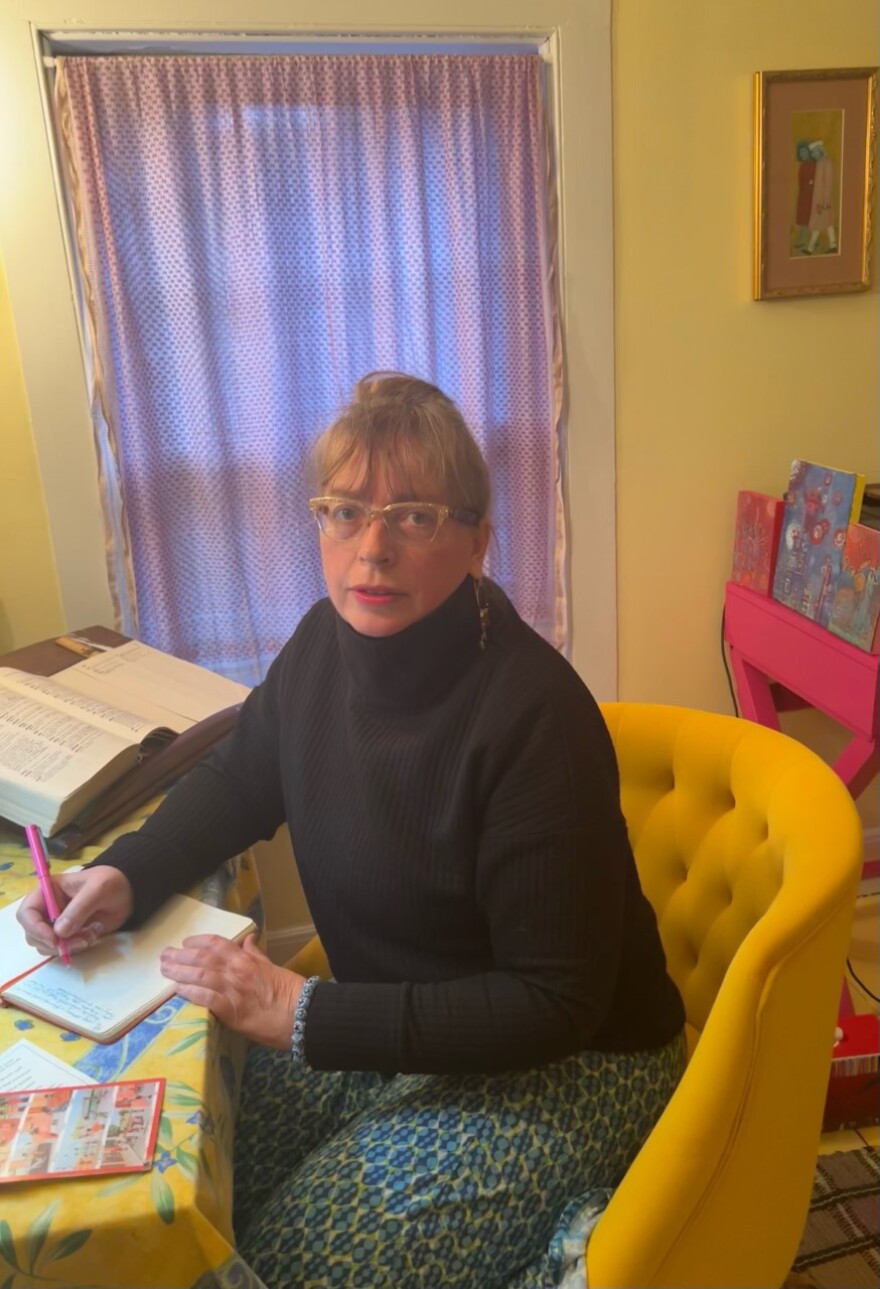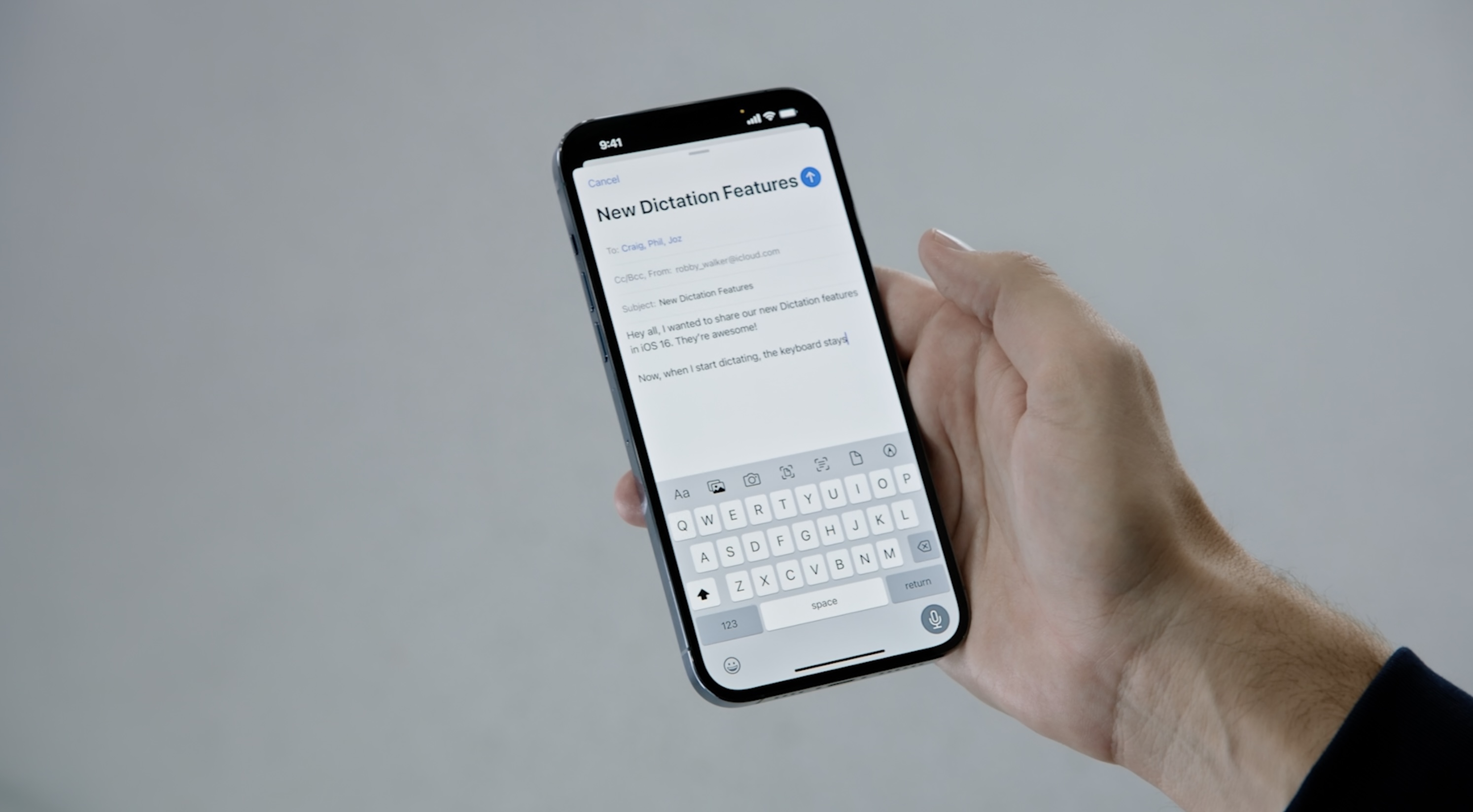The increasing complexity of customer translation requirements will propel the hybrid machine translation segment growth. In this technology, multiple MT processes are used and combined into one machine translation system to obtain high-quality content. With an increasing focus on improving the customer experience, the deployment of single-translation systems is not always effective. It can impact the overall accuracy of the translated data. The technology is categorized into different methodologies including multi-engine translation, statistical rule generation, and multi-pass. These approaches are used to address the issues related to a single translation system and build a custom model for industry-specific solutions.
Request for a sample of this research report @ https://ift.tt/2ypRGug
The BFSI sector will witness growth in the market owing to the introduction of new policies & subsiding loans for the agriculture industry. Government authorities are focusing on supporting farmers through these initiatives. For instance, in February 2022, the Indian government increased the agricultural credit target to around USD 232.2 billion for FY 2022-23 from USD 212.9 billion in FY 2021-2022. It will entice more farmers to set up bank accounts, from different rural locations in the country, for leveraging the monetary support. This factor will encourage the banking sector to incorporate its web pages or applications with advanced machine translation systems with multiple languages to allow the users to understand the information clearly.
The growing automobile sector in Europe will fuel the machine translation market demand during the estimated timeframe. Global vehicle manufacturers are increasing their presence in the region to strengthen their positioning and expand their customer base. For instance, in March 2022, Tesla inaugurated a new Gigafactory in Berlin to cater to the demand for Electric Vehicles (EVs) in Europe. The factory is estimated to produce nearly 500,000 vehicles at the site annually, employing over 12,000 people. Companies in the sector use machine translation technology for corporate communication, training materials for operations, and technical document translation. MT helps them in streamlining communication and reducing the overall cost.
Some major findings of the machine translation market report are:
- The integration of AI in machine translation solutions will drive market growth. AI-based technology enables accurate, smooth, and automatic translation of one natural or written language into another target language. It estimates the quality of the machine-translated content.
- A growing focus on content localization for better communication across businesses will boost the industry growth. Several companies from different sectors are investing in the technology for translating documents, manuals, and key information to prevent any financial & operational loss.
- Increasing utilization of machine translation technology in the e-commerce sector will drive the industry expansion. Through these solutions, the market players are focusing on offering multi-lingual applications to the end-users, enabling a broad range of customers to understand the terminology in their preferred language.
- Growing emphasis from technology providers on expanding their language and dialect lists will accelerate the market size. This factor will allow more customers to use these services for different applications.
- Rising adoption of cloud services across SMEs and large organizations will spur machine translation technology deployment. Companies in different sectors utilize cloud technology due to its scalability, flexibility, and data security aspects. MT solutions can be easily integrated with the existing cloud infrastructure.
Request for customization of this research report at https://ift.tt/L9IfTcO
Partial chapters of report table of contents (TOC):
Chapter 2 Executive Summary
2.1 Machine translation industry 360º synopsis, 2018 – 2030
2.1.1 Business trends
2.1.2 Regional trends
2.1.3 Technology trends
2.1.4 Deployment model trends
2.1.5 Application trends
Chapter 3 Machine Translation Industry Insights
3.1 Introduction
3.2 Impact of the coronavirus (COVID-19) pandemic
3.3 Ukraine-Russia war impact
3.4 Industry ecosystem analysis
3.5 Technology & innovation landscape
3.6 Regulatory landscape
3.7 Industry impact forces
3.8 Investment portfolio
3.9 Growth potential analysis
3.10 Porter's analysis
3.11 PESTEL analysis
About Global Market Insights
Global Market Insights Inc., headquartered in Delaware, U.S., is a global market research and consulting service provider; offering syndicated and custom research reports along with growth consulting services. Our business intelligence and industry research reports offer clients with penetrative insights and actionable market data specially designed and presented to aid strategic decision making. These exhaustive reports are designed via a proprietary research methodology and are available for key industries such as chemicals, advanced materials, technology, renewable energy and biotechnology.
Contact Us:
Arun Hegde
Corporate Sales, USA
Global Market Insights Inc.
Phone: 1-302-846-7766
Toll Free: 1-888-689-0688
Email: sales@gminsights.com
Photo: https://ift.tt/2kOKdnY
Logo: https://ift.tt/98gKws1

SOURCE Global Market Insights Inc.








